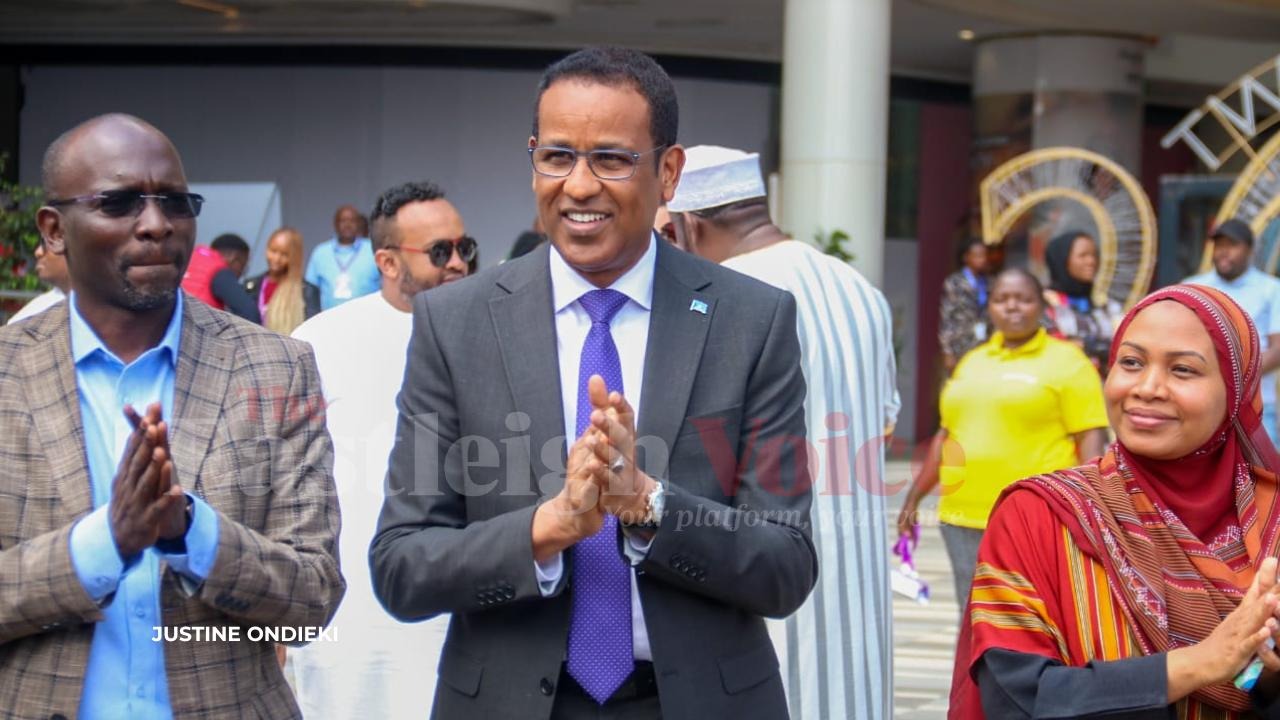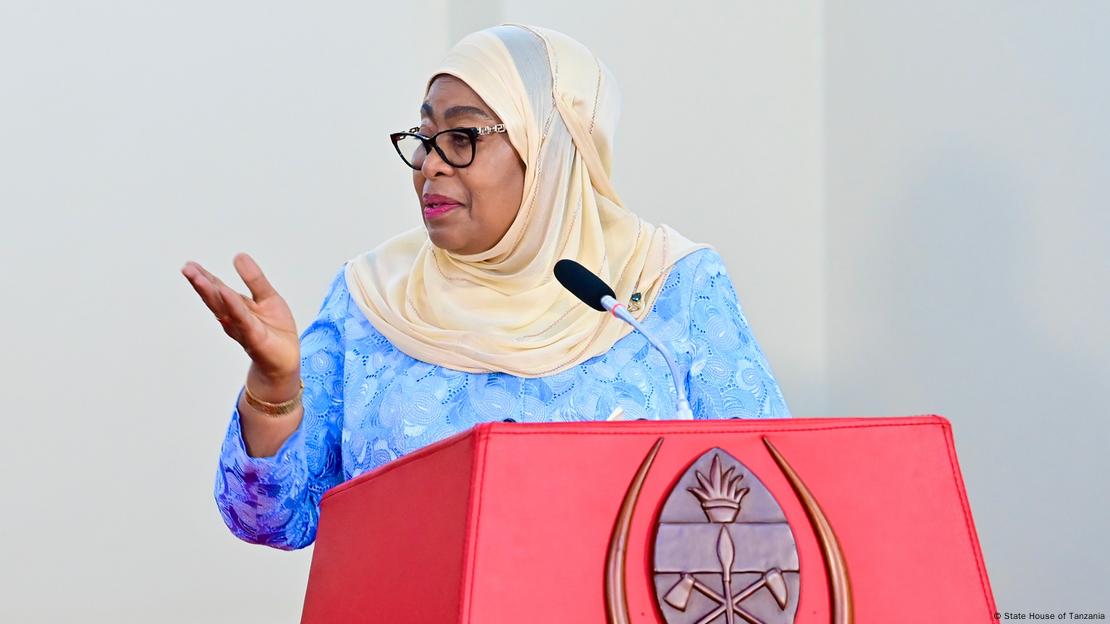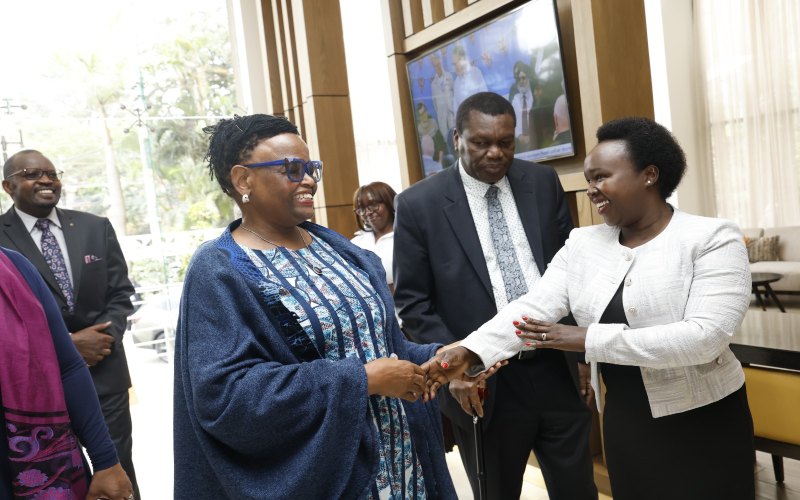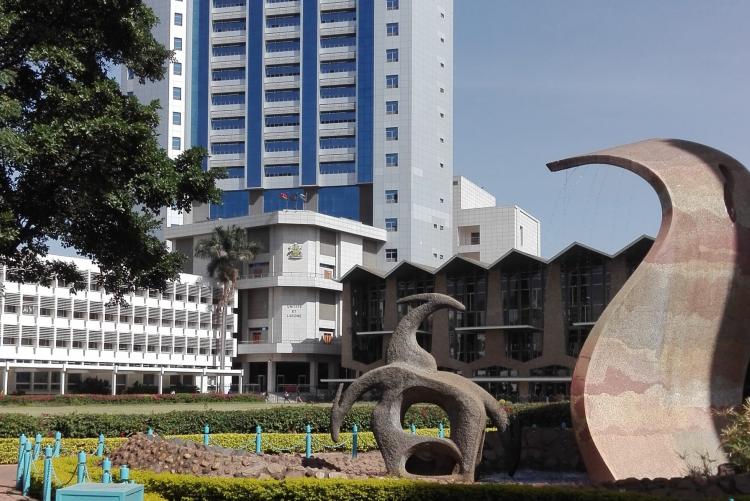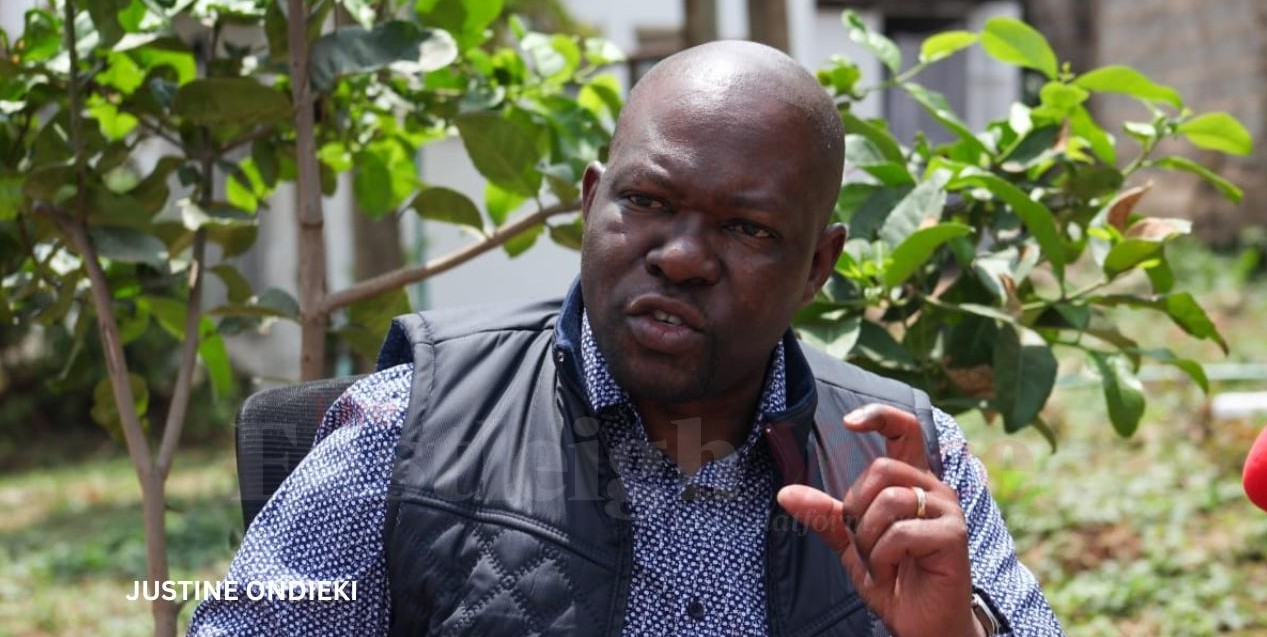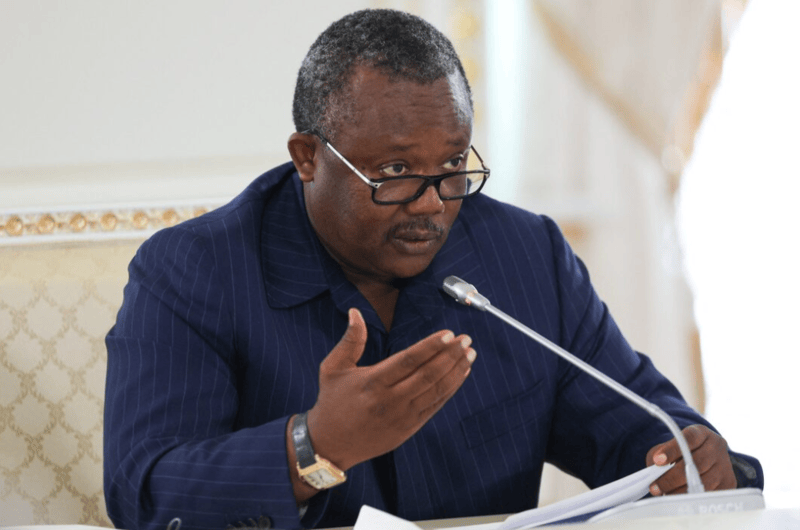Rights groups raise alarm over police brutality, delayed justice

IJM Executive Director Vincent Chahale said it is important to draw the attention of Kenyans to the countless cases that remain unresolved, causing immense suffering for survivors of police abuse of power and to their families.
The thorny matter of delayed justice in the courts and the increasing cases of police brutality took centre stage Monday at a meeting organised by International Justice Mission (IJM) in celebration of the Day of Delayed Justice.
Attended by stakeholders in the justice administration sector, including the judiciary, the Witness Protection Agency (WPA), the Office of the Director of Public Prosecution (ODPP) and several non-state actors, it sought to remember human rights lawyer Willie Kimani, among others, who were killed through extrajudicial means.
More To Read
- Witness: Officers beat Kianjokoma brothers unconscious before driving them away
- Kanja admits police could have done better in handling Gen Z protests, advocates for training
- Man held in Kilimani over Sh2.5 million police recruitment scheme
- IPOA decries low turnout in police recruitment, recommends two-day exercise
- Gen Z protests in Kenya: Key facts (2024-2025)
- Amnesty report shows at least 128 killed, 3,000 arrested in 2024–2025 Gen Z protests
IJM Executive Director Vincent Chahale said it is important to draw the attention of Kenyans to the countless cases that remain unresolved, causing immense suffering for survivors of police abuse of power and to their families.
"We must reflect on the barriers to justice and reaffirm our commitment to ensuring that everyone receives timely and equitable treatment under the law, as envisioned by our Constitution," said Chahale.
Chahale stressed that the day compels all Kenyans to confront unacceptable delays in cases and the painful reality of increasing abuses by law enforcement. According to him, this includes cases of enforced disappearances, extrajudicial killings, and a troubling lack of accountability, often hidden behind systemic cover-ups that we continue to witness today.
"These cover-ups not only obscure the truth but also prolong the suffering of victims and their families. We must not forget that behind every delayed case lies a grieving family, a silenced voice, and a broken promise," he explained.
Speaking about the late lawyer Kimani's case, he noted that the tragic case of the Mavoko 3, as it was referred to, exposed deep-rooted issues within our justice system. We must recognise that similar injustices continue to unfold today.
"Many cases represented by partners in this meeting, including the Kianjokoma brothers' trial, Mukuru 8, Baby Pendo, and others, continue to drag on. This ongoing crisis of delayed justice not only fosters a culture of impunity but also perpetuates the suffering of countless victims and their families," Chahale added.
High Court Judge Alexander Muteti raised concerns over the chronic shortage of judicial officers, warning that without adequate staffing, justice will remain elusive for many Kenyans.
Justice Muteti described the current state of affairs as unsustainable, citing that only 96 High Court judges are tasked with handling a staggering number of cases. "Sixty-three years after independence, how do you run a judiciary with just 96 judges?" he posed.
He explained that each High Court judge is currently managing up to 450 cases annually, a load he said significantly hinders the timely delivery of justice.
"At that rate, a judge will do very little in a year," Muteti observed during the event organised by the IJM.
While acknowledging that technology has played a role in easing the burden, he insisted it cannot replace the need for sufficient human resources. He noted that although efforts are underway to recruit at least 20 more judges, the number is grossly inadequate.
"That's just a drop. If you don't have the numbers, then you don't have a solution," he said.
"The police force has not fully accepted civilian oversight," Independent Police Oversight Authority (IPOA) Chairperson Ahmed Issack Hassan said. "We still have a long way to go. Having civilian investigators is in itself a challenge, and we face a lack of cooperation in many instances."
He noted that the IPOA often encounters only temporary cooperation, and only when a case has gained substantial public attention.
"You will see temporary openness when the matter is of public interest, but that fades quickly," Hassan noted.
Former Chief Justice David Maraga suggested that the current police force needs fresh training on human rights. He decried the increased cases of police brutality that have resulted in the loss of lives.
Top Stories Today
